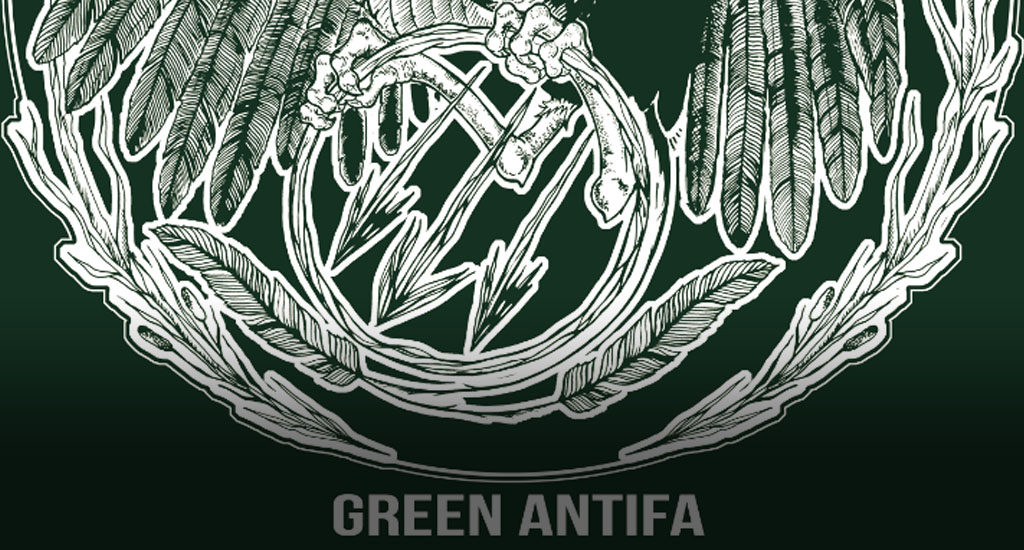Unbeknownst to the lambasters of the Dominion Energy-led Atlantic Coast Pipeline in southwest Virginia, those granola bars and energy drinks sustaining their riotous overtones may have been funded by the Kremlin. Numerous economic experts know that Russia has an interest in thwarting American energy projects – those that compete with its own energy exports, the backbone of the Russian economy. Even a long-time CIA officer, now retired and a professor of geography at Virginia Tech, believes that anti-pipeline groups are being supported with Russian funding.
Ken Stiles, a former U.S. intelligence officer living in southwest Virginia, told WSLS that, “The phrase ‘an enemy of my enemy is my friend’ is one way to understand this dynamic from Russia’s perspective, and why the country would support these groups.”
Although Russia interference in the 2016 presidential election and the spread of disinformation on part of the former Soviet Union is making headlines, many are not aware that Kremlin-backed actors are deliberately working to undermine the U.S. energy grid. Washington lawmakers, on the other hand, have caught wind of this, now aware that money from Russian sources is going to environmental groups to upset the energy industry.
Elected officials have found evidence that Russia was conducting a “propaganda war” against fossil fuels, with some arguing that Russian agents were trying to change public opinion against fracking and other fossil fuel measures. Moreover, a group of representatives have sent a letter to the Treasury Secretary Steve Mnuchin explaining that Russia is covertly funding U.S. environmental groups.
“Russia, as part of their sophisticated information and disinformation operations, actively engaged with so-called nongovernmental organizations – environmental organizations working against shale gas – to maintain dependence on imported Russian gas,” the letter read.
Signed by both Chairman of the Subcommittee on Energy Republican Randy Weber (TX-14) and Republican Lamar Smith (TX-21), the letter also states that former NATO Secretary General Anders Fogh Rasmussen said in 2014, “I have met allies who can report that Russia…engaged actively with so-called non-government organizations…to maintain European dependence on imported Russian gas.”
Though, this isn’t just a Republican-backed issue.
Even former Secretary of State and then-presidential candidate Hillary Clinton said in late 2014, after being granted access to intelligence documents, “We [the State Department and the U.S.] were up against Russia pushing oligarchs and others to buy media. We were even up against phony environmental groups, and I’m a big environmentalist, but these were funded by the Russians to stand against any effort, ‘Oh that pipeline, that fracking, that whatever will be a problem for you,’ and a lot of the money supporting that message was coming from Russia.”
Stiles believes this as well, saying the money is Russian-backed and being funneled to groups specifically opposed to the Mountain Valley Pipeline, which would strengthen U.S. energy supplies, something the Russians do not want.
“The local groups, they don’t know they’re getting money from Moscow, but they are colluding, if you will – we love that term these days – they’re colluding with Moscow against the U.S., against NATO,” he said.
Explicitly, Stiles alleges that one of the groups indirectly receiving money from Russian sources is Preserve Montgomery County VA, which is fighting Mountain Valley Pipeline construction.
Opposing this allegation, organization spokeswoman Sandy Schlaudecker said, “We have gotten no contributions from Russia. Most of our money comes from landowners whose lives are upside down and their friends, like me.” From a group that, “seek[s] to stop the negative impact of fracked gas production and transmission pipelines,” one of those negative impacts is lowering the price of exported Russian gas which would be a detriment to the Russian economy.
To stir up the geopolitical pot and ruffle some feathers in the fossil fuel industry, Russia is using concealed channels to work against the strengthening of U.S. energy reserves.
According to the congressional letter, “entities connected to the Russian government are using a shell company registered in Bermuda, Klein Ltd. (Klein), to funnel tens of millions of dollars to a U.S.-based 501(c)(3) private foundation, the Sea Change Foundation.” The money which originated in Russia is then passed through other non-profits like the “Sierra Club, League of Conservation Voters Education Fund, and others,” the letter states.
Klein was formed in 2011 by two attorneys from the Bermuda-based law firm, Wakefield Quin. The sole executives of this firm are Nicholas Hoskins, senior counsel and managing director, and corporate administrator Marlies Smith, both of whom work for the company that has a “history of dubious activities in connection with the handling of foreign funds.”
The letter states that, “Hoskins and Rod Forrest, director and senior counsel at Wakefield Quin, held directorship positions at ‘IPOC Group,’ owned by Lenoid Reiman, a Russian minister of telecommunications and longtime friend of Russian President Vladimir Putin.”
So how has the money trail not be uncovered, one may ask?
Bermuda, Lichtenstein, and Panama operate within the no-disclosure-required industry, meaning that Klein is not required to disclose its donors’ identities or countries of origin. The U.S., of course, does not work like that, but the money coming in is essentially untraceable back to the source.
The funding was found, however, “according to Sea Change’s IRS Form 990, totaled $10,933,332 in 2010, to ‘reduce reliance on high carbon energy,'” which was then doubled by another $10 million total in 2011 for the same description.
Case in point, the groups in southwest Virginia, and others around the country do not know they are actively funded by Kremlin-backed actors. The phrase: “the enemy of my enemy is my friend” describes exactly what is happening here, nevertheless. This, of course, answers the question on why the protesters are not asking where the money is coming from.
Both the protesters and the Russians have the same goal, albeit for different reasons. Or do they?

